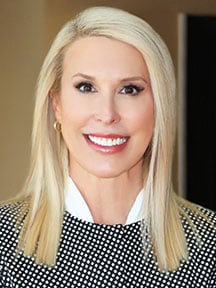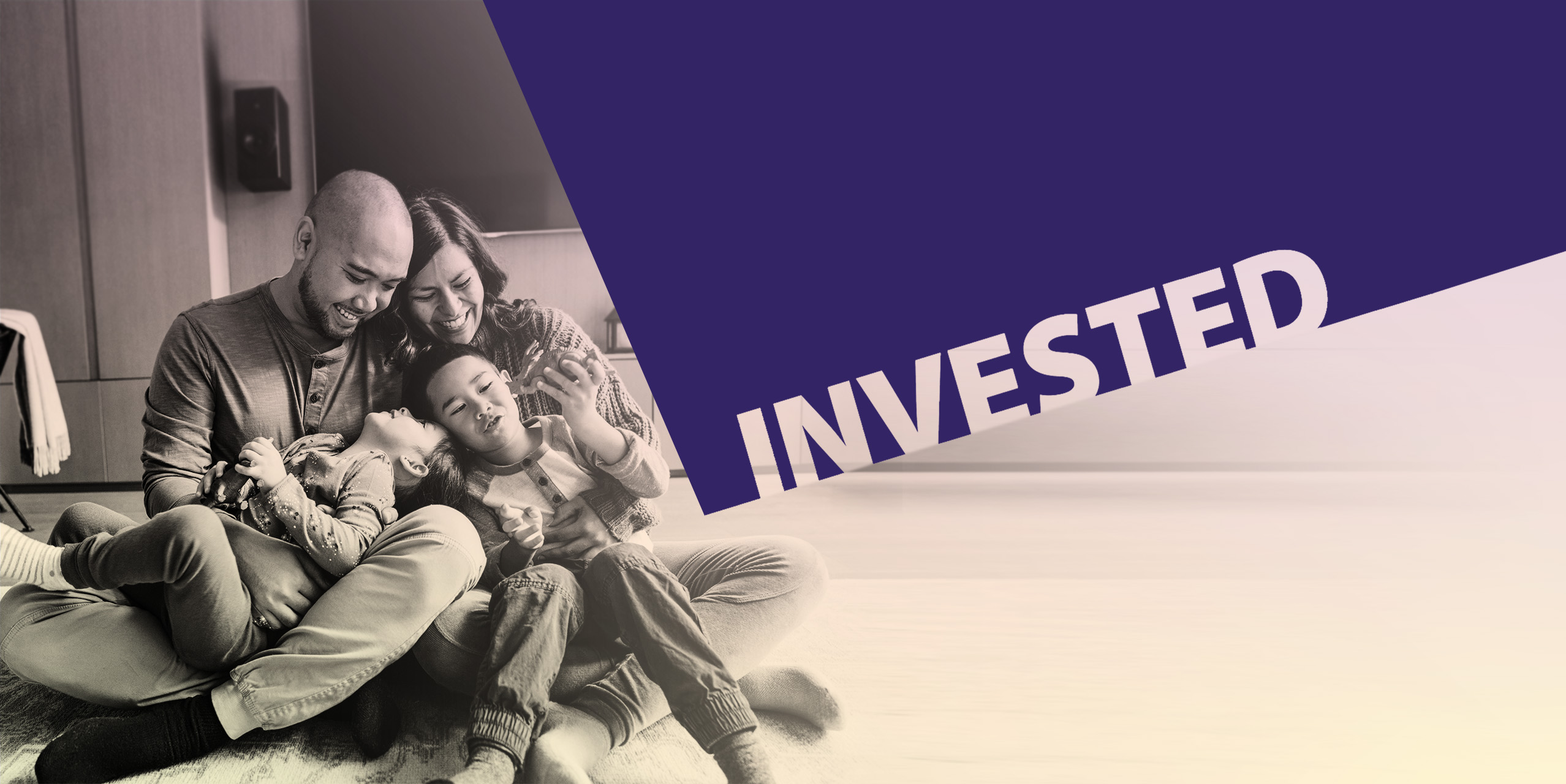
Family Values: Charting Your Future
 Melanie Schmieding, Director of Baird Family Wealth
Melanie Schmieding, Director of Baird Family Wealth
We all want our children and grandchildren to be critical thinkers and to find their own way in the world. But we often want them to also adopt the family’s values and, in some cases, the responsibilities of running a family business. What do you do if those two goals are mutually exclusive? We spoke with Melanie Schmieding, CTFA and Director of Baird Family Wealth, for advice on how families can embrace the future without letting go of the past.
Step One: Recognizing the Journey of Identity
It can be a struggle for young people just starting out to find and embrace their own unique identity in the shadow of their larger family. On the one hand, they often feel the need to belong – to be a part of something bigger than themselves. But they also often feel the need to find themselves, what they stand for and what their own values are. They strive to be independent, which can make their interdependence with the larger family identity feel stifling.
While this tension is a normal part of human development, it can cause discomfort in a family. For example, you might wish your adult child to adopt your family’s values, traditions and principles. Or maybe there is an expectation that they work in the family business and maintain a set approach to building, maintaining and dispersing wealth. But there’s also the possibility that they don’t fully connect with these ideas and express a desire to chart a different course – not necessarily to abandon everything the family stands for, but to evolve into something new (which again is perfectly normal and positive!).
So how do you strike this balance? How have current and previous generations balanced independence with interdependence in a way that let them honor the past without being weighed down by it?
Step Two: Understanding Individual Core Values
Who we are as individuals is a reflection of our values – they influence our behaviors and even how we see the world. Values can be transmitted across generations through behavior: Our children and grandchildren witness the way we live together day-to-day, and what they learn can serve as a model for them all their lives.
While we might inherit some family values, identifying and defining our own personal values is a big step in uncovering our identity. And while values are somewhat consistent, they can change over time as we grow and mature.
Understanding the values that underlie our beliefs, motivations and behaviors can be helpful as we seek to understand our true selves and what we can bring to our families.
This is where values exercises can be truly illuminating. Undergoing a values exercise with your family, where each member discusses their how their personal values have evolved over time, can be a huge step in opening communication, building trust and understanding more about one another. This can be a key building block in incorporating new perspectives into the future of your family, as well as communicating to the next generation why cherished family values have persevered.
Step Three: Collaboratively Designing Your Family Values
Once each member of the family has discussed their personal values, you now have an excellent jumping off point from which to co-create your family values. These values, along with common purpose and goals, can help foster family unity across generations. Together, you get to intentionally design your future – imagine the impact that can have!
Some families will leverage this values exercise to create a family mission statement. When tensions are high or there is conflict, it helps to revisit your family mission statement to keep you grounded on the family unit’s purpose – your “why.” A good place to start is with your family name: What does it mean to be a Jones or a Smith? What values does your family hold dear, or have exemplified in your history? Once you put words to your family’s values, then you can start putting those words into action.
We all know that the path behind us and the path ahead can look quite different. Individuals and families who are committed to sustaining their wealth across generations – while remaining united – tend to work with intentionality to forge their legacies. Rather than acting on autopilot, they invest the time to reflect on their personal values and co-create family values that can blend all aspects of the family’s story, both old and new.
Charting a New Course
How could the collaborative design of family values create possibilities? How could values play a role in creating shared purpose? Your Baird Financial Advisor can help you learn more about values exercises and how they can help you uncover your family’s values.
The information offered is provided to you for informational purposes only. Robert W. Baird & Co. Incorporated is not a legal or tax services provider and you are strongly encouraged to seek the advice of the appropriate professional advisors before taking any action. The information reflected on this page are Baird expert opinions today and are subject to change. The information provided here has not taken into consideration the investment goals or needs of any specific investor and investors should not make any investment decisions based solely on this information. Past performance is not a guarantee of future results. All investments have some level of risk, and investors have different time horizons, goals and risk tolerances, so speak to your Baird Financial Advisor before taking action.


